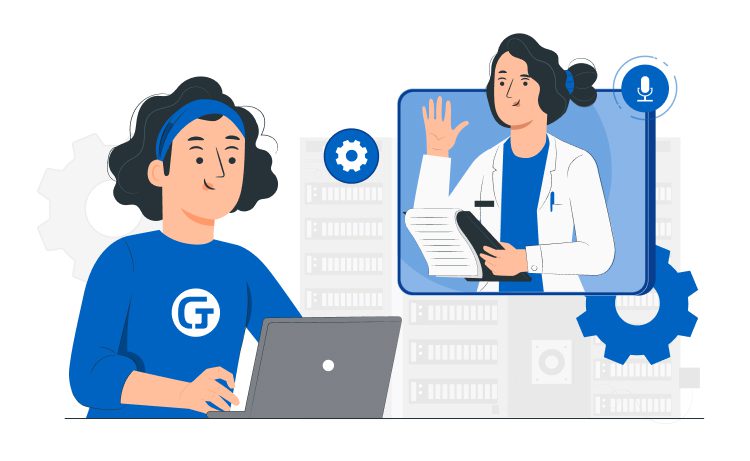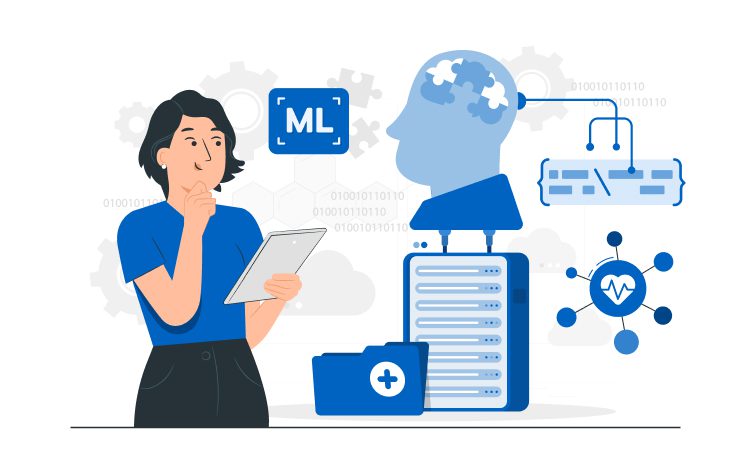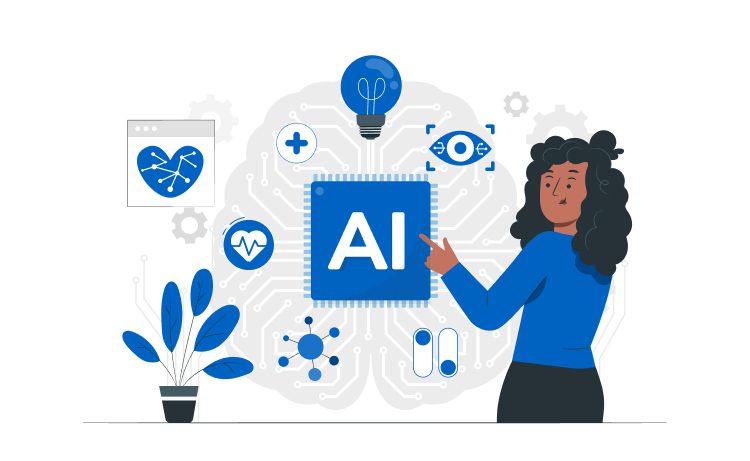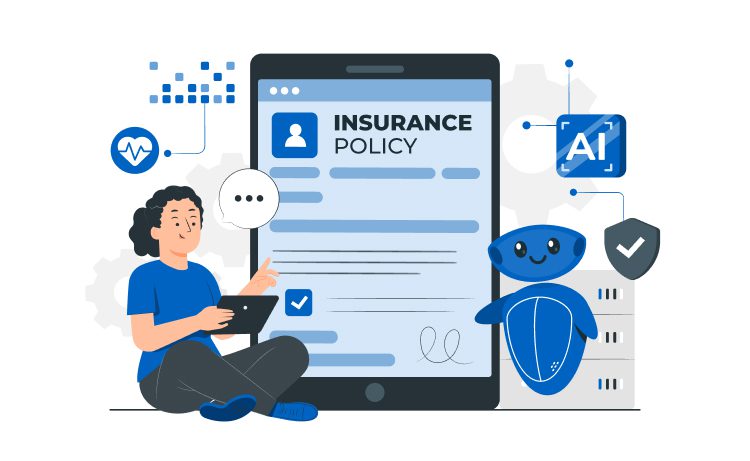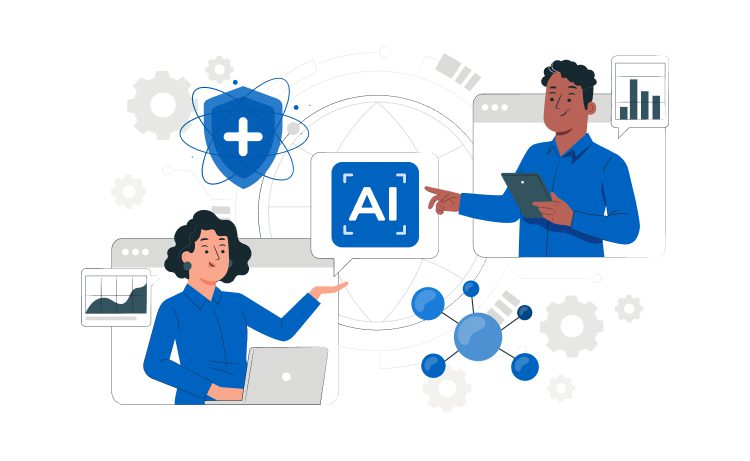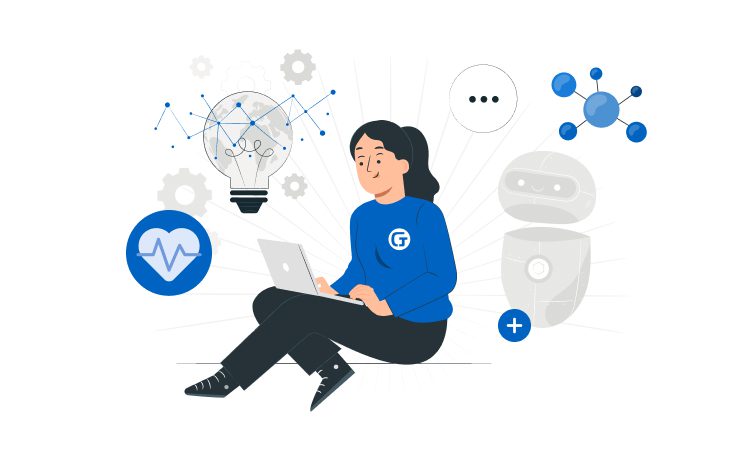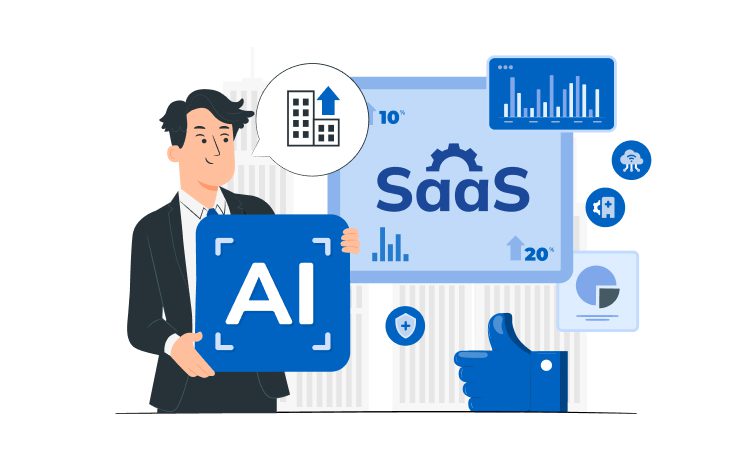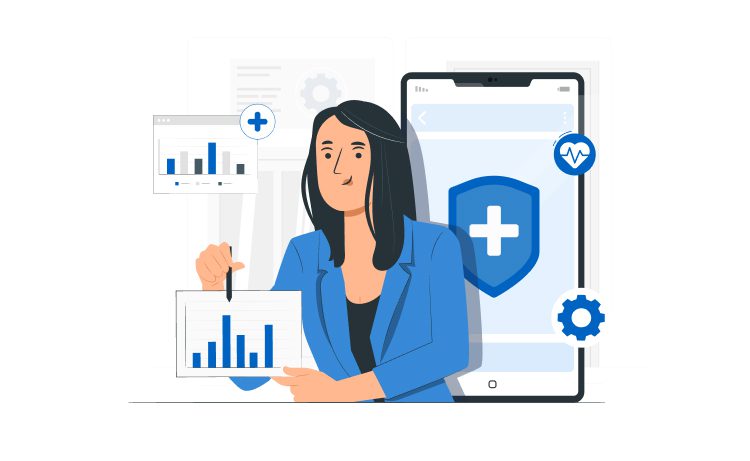
Healthcare App Development: Everything You need to Know About



The healthcare industry is resilient and stable even during the largest economic shifts. The essential nature of the services, funding, and insurance systems are key factors in the stability of the industry, but technological advancements have made it possible for healthcare services to reach our lives, homes, and even pockets.
Yes, we’re talking about smartphones, web apps, and other digital solutions that have made it easier to access healthcare experience.
The digitalization of our lifestyles started long before the pandemic hit us, and as we tasted the benefits of mobile app development, they’ve become an integral part of our lives. Healthcare apps have become more and more popular, helping patients take care of their physical and mental well-being — and making it easier for professionals to manage patient data through tools like psychiatry EHR systems.
The healthcare mobile app development industry is increasingly improving and is said to reach $190 billion by 2025, according to Statista. Many healthcare firms started developing their own healthcare apps and employ professional services to comply with regulations and create an effective application.
Let’s explore healthcare mobile app development services, the difference between healthcare and medical apps, and the specific requirements and benefits these digital solutions can bring to your business.
Content
Let’s go back a few years ago and recall how COVID-19 pushed us back into our homes and forced healthcare organizations to adapt and change the way they operate in a matter of months. To stay focused on their primary business while taking care of their patients remotely, many healthcare companies leveraged the technology and created healthcare and medical apps.
Even after the pandemic subsided, patients continued using remote services for convenience and accessibility, proving that telehealth isn’t just a pandemic trend. What we’re trying to say is that the pandemic made telehealth necessary, but today, it’s desired.
Healthcare app and software development is essential in 2025 for these compelling reasons:
The healthcare app development industry is on the rise, and we want to explore some of our favorite apps that will inspire you to create your own.
When you’re developing a health app, you’re helping your business grow awareness, improve processes, and reach broader audiences. But we’re sure you also realize how your health app can help your customers improve their experience.
Healthcare mobile app development is essential for all parties engaged in the patient care process. While medical professionals benefit from improved patient monitoring and streamlined administrative tasks, patients love healthcare applications for convenience, extra features, support, and more.
We gathered all the essential benefits for patients, medical professionals, and even healthcare companies in the table below:
| Patients | Medical Professionals | Healthcare Firms |
| Convenience | Patient Monitoring | Operational Efficiency |
| Accessibility | Patient Engagement | Patient Satisfaction |
| Self-Management | Streamlined Administrative Tasks | Data-Driven Insights |
| Reminders | Access to Data | Cost Savings |
| Support | Patient Satisfaction | Competitive Advantage |
Let’s take a little detour from exploring healthcare app development and understand the significant difference between medical apps and healthcare applications. They sound similar; they’re both created for healthcare companies, but they significantly differ in their goals and target audiences.
Understanding these differences and combining them with your company goals will help you decide which app to develop when you find a suitable service.
We often use the terms “health app” and “medical app” interchangeably, but health applications usually promote wellness and a healthy lifestyle. Some may even say that these apps are developed for “healthy people” to promote a lifestyle and maintain well-being.
Healthcare applications include:
More.
Medical apps, in comparison with health applications, face strict regulatory requirements and are designed to support clinical functions, streamline diagnostics and treatment, and more.
Some of the examples include:
More.
Healthcare app development becomes even more interesting after exploring the trends that are making apps more desirable and revolutionizing the healthcare industry.
Yes, AI is everywhere, and there’s a reason for it. Artificial intelligence improves processes, makes it easier to gather and store data, can assist in diagnosis, and personalizes patient care – it’s a whole bouquet of benefits.
Let’s talk about Ada Health, a medical app that uses AI to help users check their symptoms and predict possible diagnoses, aiding them with the following steps and providing simple medical advice.
VAHs also use artificial intelligence and natural language processing to interact with your patients. These assistants are simple chatbots that greet the patients, provide them with initial medical advice, help them schedule appointments, and send reminders to refill or take medications.
We mentioned K-Health earlier, and it’s relevant for this subject as well. K-Health uses AI to communicate with users and provide 24/7 support with their virtual healthcare assistant. They’ve reported enhanced patient engagement, reduced workload, and improved patient satisfaction.
If you want to create an app that can easily be connected with medical devices and wearable gadgets, the IoT trend is making this happen. IoT enables continuous monitoring and data collection from fitness trackers, smartwatches, glucose and blood pressure monitors, and other devices.
Fitbit and Apple Health are the most common examples of fitness IoT devices used to track health. They use data from the devices to track physical activity, heart rate, sleep patterns, and other metrics, as well as provide analysis and health monitoring.
Healthcare mobile application development doesn’t have to be too serious. Even though health monitoring is a profound and essential part of maintaining well-being, some people have a difficult time interacting with strictly medical systems.
Even more than that, people just enjoy games. Game-like elements in your health app will help users interact with your application more and more, gaining points, gathering badges, doing challenges, and sharing achievements with the community.
Diabetes management can be stressful, but the MySugr app includes gamification for its users to, as they say, “Make diabetes suck less.”
Medical professionals, administrative professionals, and general users enjoy a variety of applications.
We categorize them by:
These apps are created for the general public and patients. They can be easily found and downloaded from app stores to mobile devices, and according to Business of Apps, there were over 375 million downloads of health apps in 2023.
For example:
Healthcare providers use apps to improve communication with their patients, access information and educational materials, and more.
For example:
Healthcare mobile app development includes developing professional IT software that streamlines the job of administrative staff. These apps are essential to maintaining undisrupted workflow and providing timely assistance to patients.
An administrative health app is a backstage of the medical facility that patients don’t see but feel.
For example:
The modern mHealth market contains a variety of healthcare app development solutions that result in beautiful and successful products.
We’ll explore the features of five prominent examples.
This is a classic reminder app that tells you to take your medications, exercise, measure health metrics, and more. Also, it tracks health information and visualizes progress, providing data on what demands your attention.
The app provides 24/7 online consultations with doctors, therapists, and medical experts for various medical issues.
The solution focuses on several areas: general medical assistance for non-emergency conditions, primary360, mental health, subspecialty care, and wellness care.
This solution provides an opportunity to ask questions to the registered experts (90,000 specialists in 140 fields) for free. They also offer a paid option for individuals and families.
The following service are available:
The app provides psychological support, including individual therapy, counseling for couples or teenagers, and psychiatric help with medication prescriptions.
Patient has to answer a few questions, and within 48 hours, the system selects the relevant specialist to assist via video, audio call, or texting.
The app is a space for reflection and mindfulness. It improves psychological and physical health and reduces stress, sleep problems, and negative thoughts.
The program offered within the app includes a variety of meditation techniques, tips, exercises, and sound and visual effects.
If you want to launch your own mHealth project, start by studying the top offers on the market. Market analysis gives you an idea about the app’s required features, especially when considering a global service for online consultations.
Mobile healthcare software development is a rapidly growing field driven by the increasing use of smartphones and tablets in healthcare.
During your healthcare app development, you should include several essential features that create an effective app, and then you can decide if you want extra, “fancy” features.
Registration and login features give your customers an opportunity to create a personal space and manage it as they please. This is a popular feature that almost all apps include.
Remember not to make the registration process too long. Medical application development companies can suggest options for logging in with social media, email, or other options.
Your app will be loved by all if you give users an opportunity to plan and schedule their appointments. A calendar view and a proper scheduling window are necessary.
This feature allows your application user to comfortably communicate with their chosen medical professionals and discuss symptoms, concerns, and treatments with a microphone and a camera.
When integrated with fitness trackers, custom medical application development can provide data for monitoring user’s live activity, such as heart rate, calories, and glucose levels.
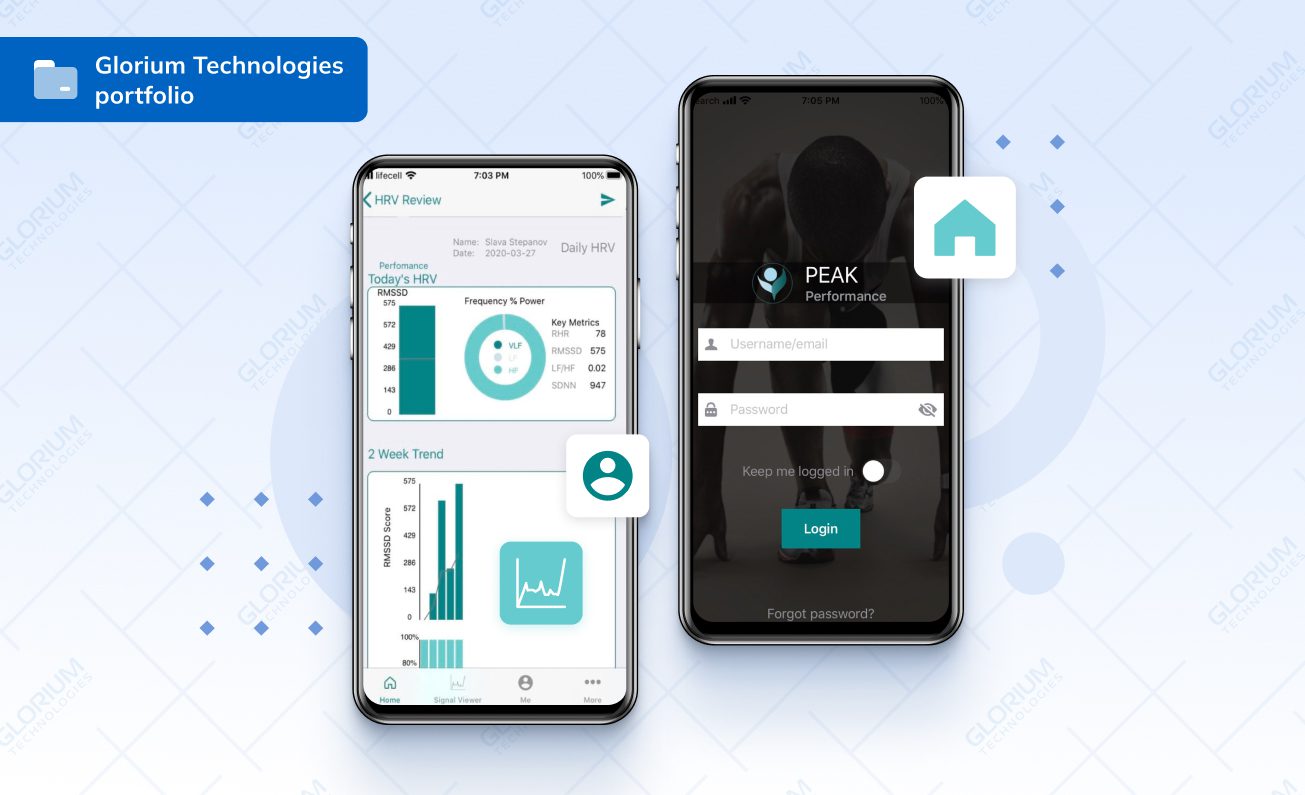
Virtual assistant features have been proven to be one of the most necessary features for health applications. Building a healthcare chatbot can improve your patient satisfaction and engagement with 24/7 live support.
You’ll sometimes need to remind your app users to check on their progress, your content, and their medications. The notification feature is an integrated part of all application development.
Paying for doctor’s services and medications by smartphone is a fast and convenient way most users prefer. So, adding payment options like PayPal, Visa, or MasterCard to your healthcare app is beneficial.
This is a convenient feature that allows users to analyze health data, like X-rays, reports, lab results, and others, and develop treatment plans properly.
If you’re looking for a professional service provider that’ll build you a digital healthcare product, you’ll first look for the ratings and reviews from their previous clients. Your app users will want to have a summary of their potential healthcare provider in the app, too.
It’s time for the part of the guide where we explain how to develop your health app with step-by-step instructions. This section includes directions and our recommendations about hiring a professional healthcare app development company.
You already have an idea, or you might be in between concepts. Nevertheless, you need to define the exact vision of your product for a successful health mobile app development.
According to Statista, there are around 54,546 healthcare apps available on Google Play and approximately 41,517 apps on the Apple App Store. This is a large number, so how are you planning to make your product stand out?
Let’s start by analyzing your product idea and following these criteria:
Most applications replicate each other, devaluing their user experience.
Instead, innovate ideas and ideals, and provide in-demand solutions for the mHealth market.
Determine the percentage of your target audience that prefers iOS or Android. User statistics push for Android, but make sure to consider the popularity of the iPhone as well.
A multi-platform approach to creating an IT product is optimal. Consult with your health app development company on which path would be better for you.
The full cycle of healthcare mobile app development from scratch takes time and resources. Releasing a mini-app as an MVP might work better for a startup with limited funding, untested ideas, and strict deadlines.
After launch, your mobile medical app developers can add improvements based on analyzing bugs, user reviews, and competitor reactions. One of the advantages of MVP is that it helps to attract investment.
This step is as essential as any other since UI/UX design creates the visuals of your healthcare application and determines whether the users will be enticed or not.
Keep in mind these five UI/UX design rules:
Walk the user path yourself and assess the ease of navigating your medical application.
As you build your application, don’t waste your time recreating the wheel—leverage pre-existing APIs and third-party portals. First, take a sheet of paper and a pencil, or if it’s more suitable for you, a graphics editor, to outline the future application.
Discuss with the development partner on which interface components would be required during the interface modeling stage. Finally, get together to identify and describe key features like the registration and accounts options and primary service views your application requires.
Manual and automated tests will validate the underlying functionality mechanisms. Software testers run the following tests of your mobile product:
Your IT product must pass all tests and be healthcare compliant.
You can’t entrust the development of healthcare software to any developer solely because of the complex requirements and guidelines healthcare products need to follow.
You need to hire developers or a mobile healthcare app development agency to comply with the US and European principal regulations, like HIPAA, NIST, GDPR, HiTECH, and PIPEDA.
Data encryption, two-factor authentication, and strict access control for your healthcare app are the best practices for preventing information leakage into cybercriminals’ databases.
It’s always a smart idea to decide your monetization strategy before developing the app, but once you have the product ready, it’s easier to decide which approach you will take.
Here are some of the monetization strategies you can choose from:
Plan your in-app revenue and think long-term to add your needed features seamlessly. Your mobile platform investment can pay off if you choose a suitable monetization model.
The whole process isn’t over after you build and launch your product. You’ll have to provide continuous support and maintenance to fix the bugs, assist users, improve technical support, and eradicate mistakes.
Healthcare mobile app development companies often offer long-term partnerships to maintain a digital product. Working with experienced organizations, you entrust the entire product development cycle to IT pros.
As part of the support, specialists ensure the smooth operation of the application, fix bugs, launch releases, and collect user feedback.
The company also checks the operational status of servers, does back-ups, and updates applications on the platforms.
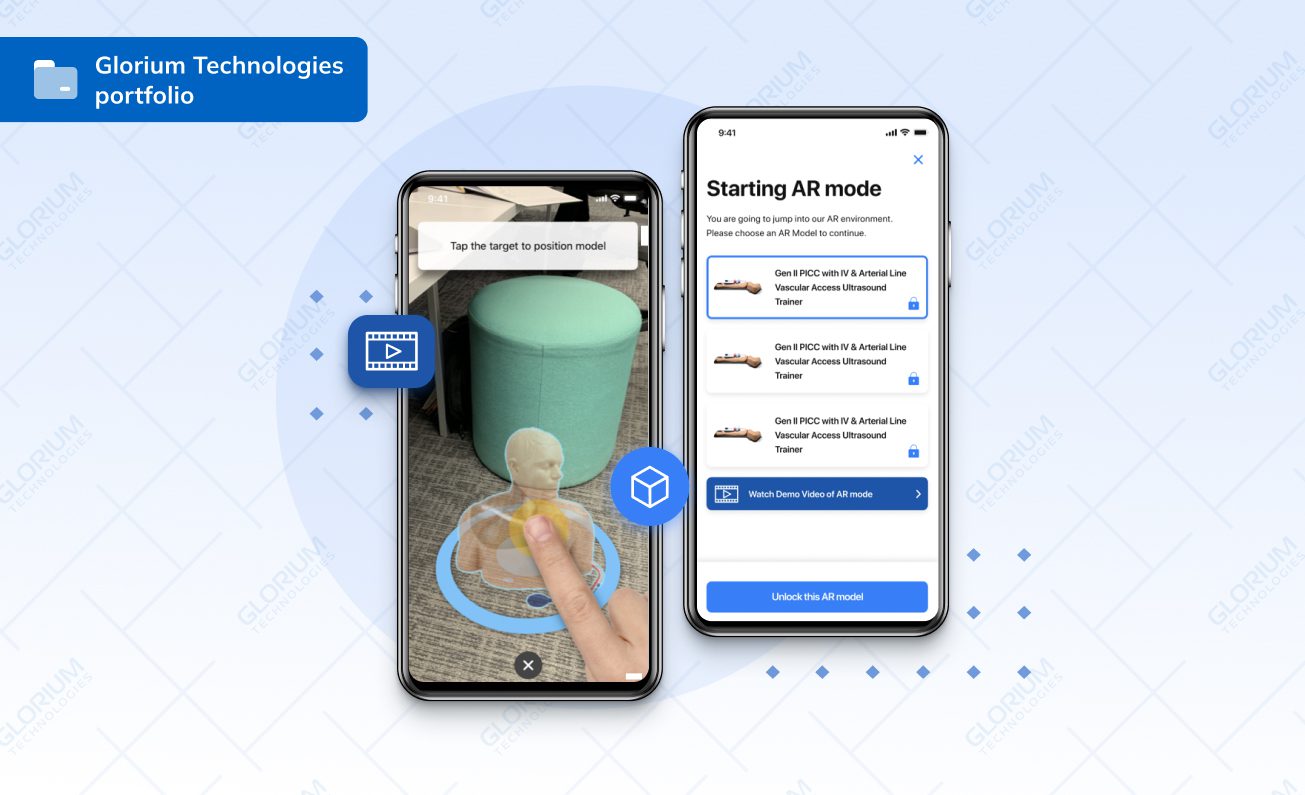
Developing digital products for healthcare companies is challenging due to the heavily regulated nature of the industry. It’s essential to comply with global healthcare regulations such as HIPAA and GDPR to protect data and meet legal requirements.
Healthcare apps handle sensitive patient information, mandating robust data security measures, including encryption, secure authentication, and strict access controls.
These apps often require seamless integration with healthcare systems – for example, electronic health records (EHR) – and laboratory information systems to facilitate efficient data exchange.
Clinical validation may also be necessary, involving trials to examine their impact on patient outcomes and healthcare processes.
User-centric design, regular updates, rigorous testing, and comprehensive documentation further ensure that healthcare mobile apps provide valuable tools that enhance patient care and adhere to industry standards.
By now, you already know that the security of health data is the most important factor in healthcare mobile application development.
Establishing optimal conditions for the storage, transfer, and utilization of vast volumes of medical information is a critical task, as any breaches in data security can lead to the unauthorized exposure of confidential patient data, potentially resulting in severe financial and reputational repercussions for the healthcare organization.
To maintain security and protect sensitive health information effectively, a range of reliable methods can be employed:
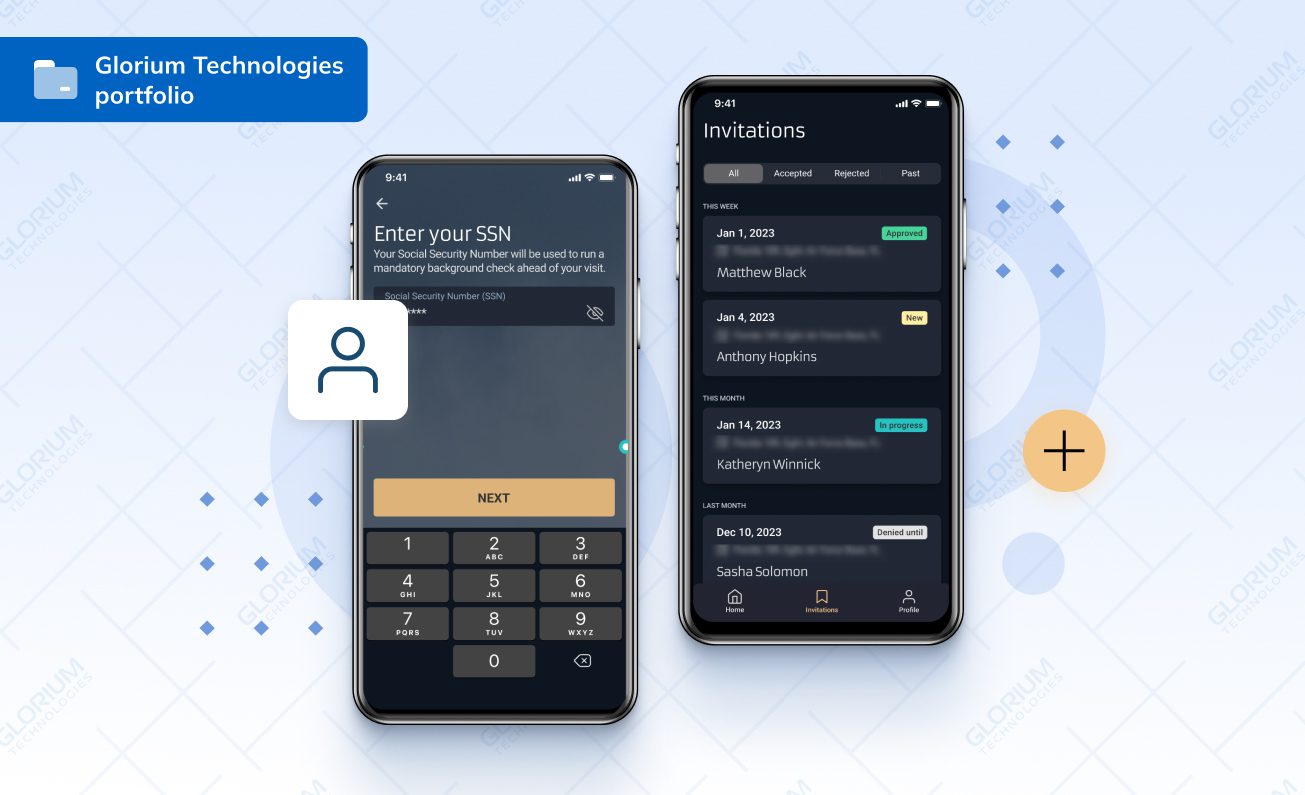
This policy enhances security by mitigating the risk of unauthorized access in cases where a user’s device is left unattended or becomes compromised. It serves as an additional layer of defense against potential security threats.
By integrating these robust security measures into the development process, healthcare mobile applications can fortify their defenses against data breaches and unauthorized access.
Such proactive measures not only protect the confidentiality of patient data but also uphold the trust and integrity of the healthcare services provided.
Furthermore, they serve as a testament to the commitment of healthcare organizations to ensure the highest standards of data security in an increasingly interconnected digital healthcare landscape.
If you compare developer’s work in the corporate sector with the healthcare, we constantly face limitations due to working with personal patient data. Accordingly, all the software we use (Redmine, GitLab, Jira, Gmail, Amazon Web Services, etc.) must meet a number of data security requirements, including encryption, two-factor authentication, etc. This requires separate HIPAA compliance agreements with the providers of these tools, as they are not HIPAA compliant by default.
Compliance with safety rules is not enough. We must also follow a list of procedures designed to ensure that HIPAA requirements are fully met, such as Breach Policy, Disaster Recovery, Risk Management, Incident Response, and others.
Valerii BobrovskiyDeveloper for Healthcare projects, Glorium Technologies
Another element to consider is the health data transfer between devices, systems, and software solutions. The transfer must be flawless and without disruptions.
Correctly configuring the API can help ensure secure and seamless communication and app integration with various medical systems, platforms, and facility equipment.
We assume you want to be a long-term industry player. Therefore, you must follow legal restrictions and regulations concerning confidentiality.
Compliances to consider when you are planning mHealth app development:
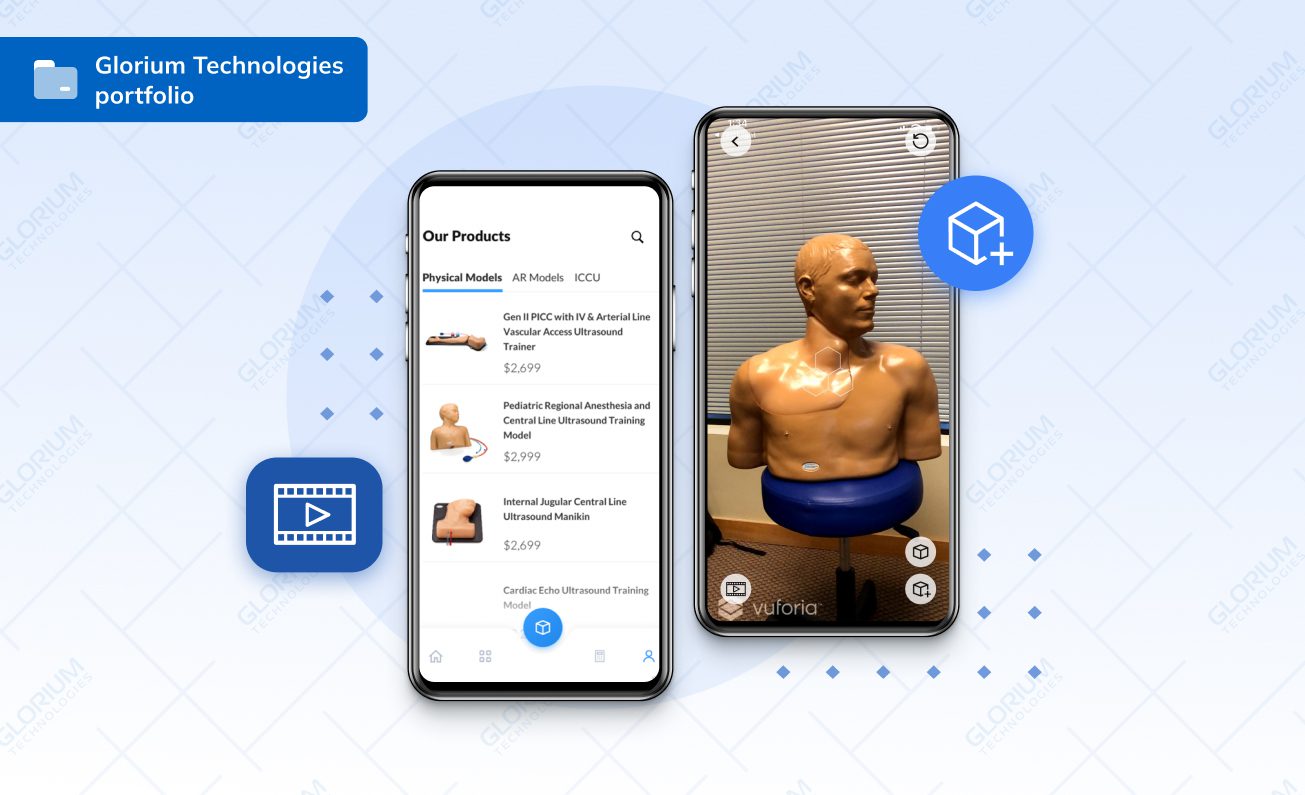
To ensure your app complies 100% with all regulations, research your local healthcare and data protection laws in advance. Make sure your developers are familiar with them and have a successful track record of launching such projects.
Keep in mind that specific knowledge is one of the factors influencing healthcare mobile app development costs.
Finally, we touch on one of the most important subjects affecting the decisions of healthcare organization owners: the cost of development.
There’s a significant difference between developing your mobile healthcare application within an internal team and hiring a professional company. Aside from salaries, benefits, and other financial losses, assembling an in-house team is time-consuming, so we recommend employing a company that is well-versed in developing healthcare apps.
When choosing an outsourcing IT company, remember that the partner’s location affects the project’s price the most. For instance, the development costs about $130-150 per hour in the US and about $30-50 in Ukraine. The cost of IT specialists’ work will depend on several factors:
Applications with complex functionality will cost more than the basic version with standard features.
Research approach to pricing:
Healthcare apps have become indispensable tools for providers and patients. What’s more interesting is that they play a crucial role in transforming the healthcare field and offering remote, flexible, and affordable healthcare experiences.
We at Glorium Technologies make sure to capture all of these benefits in the products we create for our clients. We understand the significance of healthcare apps and are dedicated to delivering top-notch solutions.
We make sure to stay user-centric and extend beyond traditional medical app development. Take a look at some of our successful projects that might inspire you:
These healthcare apps have one thing in common: they’re not limited to just one aspect of the healthcare ecosystem and cover a broad spectrum of services.
Our healthcare mobile app developers ensure that your healthcare app is user-friendly, secure, and compliant with all necessary regulations.
We can help you draft the concept and the design of your medical app, offer professional QA engineers for testing and ongoing support, and provide you with medical mobile app development professionals well-versed in HIPAA and other regulations.
So, if you’re looking for a partner in healthcare app development, contact us today to book your free consultation, talk to our experts, and get a project scope.
These sevrices (mobile medical app development) refer to designing, developing, and deploying mobile applications specifically designed for the healthcare field. These apps can help providers streamline workflows, improve patient communication, and provide real-time data access.
Healthcare mobile development services differ from other domains due to their focus on regulatory compliance, patient-centered design, interoperability, and integration with healthcare workflows.
Healthcare app developers must be knowledgeable about regulations such as HIPAA, understand healthcare workflows and patient needs, and be able to design apps that seamlessly integrate with other healthcare systems and devices.
The development timeline for a healthcare mobile app can vary depending on complexity, desired features, platform compatibility, and the development team’s expertise.
Developing a comprehensive healthcare app can generally take a few months to a year or more. Contact us for an estimate.
Security is crucial in healthcare apps. Some essential security measures include robust data encryption, secure user authentication, adherence to HIPAA compliance standards (if applicable), secure storage of sensitive data, regular security audits, and protection against potential vulnerabilities and data breaches.
If your healthcare app deals with protected health information (PHI) in the United States, complying with HIPAA is vital.
You should implement strict security measures, ensure encrypted data transmission, train staff on HIPAA regulations, conduct regular risk assessments, and sign business associate agreements (BAAs) with any third-party service providers handling PHI.
Mobile development services for healthcare encompass the creation and customization of mobile health apps designed to enhance healthcare experience. These professional healthcare apps cater to various needs, such as remote patient monitoring, appointment scheduling, and medical record management.
The development process involves adhering to stringent healthcare regulations like HIPAA and GDPR to ensure data security and compliance. These mobile apps empower providers to offer remote patient monitoring, streamline administrative tasks, and improve overall services, making them indispensable tools in the modern medical industry.
The development process for healthcare mobile applications is a comprehensive journey that starts with defining the project scope and objectives.
Mobile app development services focus on creating professional healthcare apps that meet specific needs, such as remote patient monitoring and services optimization.
During development, strict adherence to healthcare regulations like HIPAA and GDPR is paramount to ensure data security. The process also includes rigorous testing and quality assurance to guarantee the functionality and security of the app.
Ultimately, the goal is to deliver mobile health apps and medical apps that contribute to improved healthcare services and patient care while maintaining compliance with industry standards.

